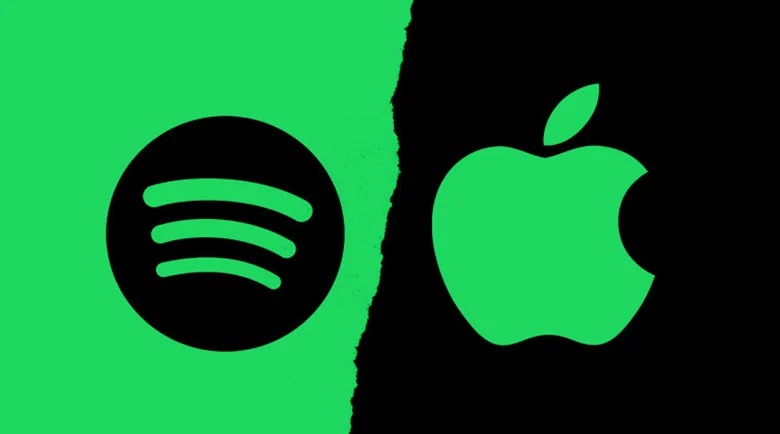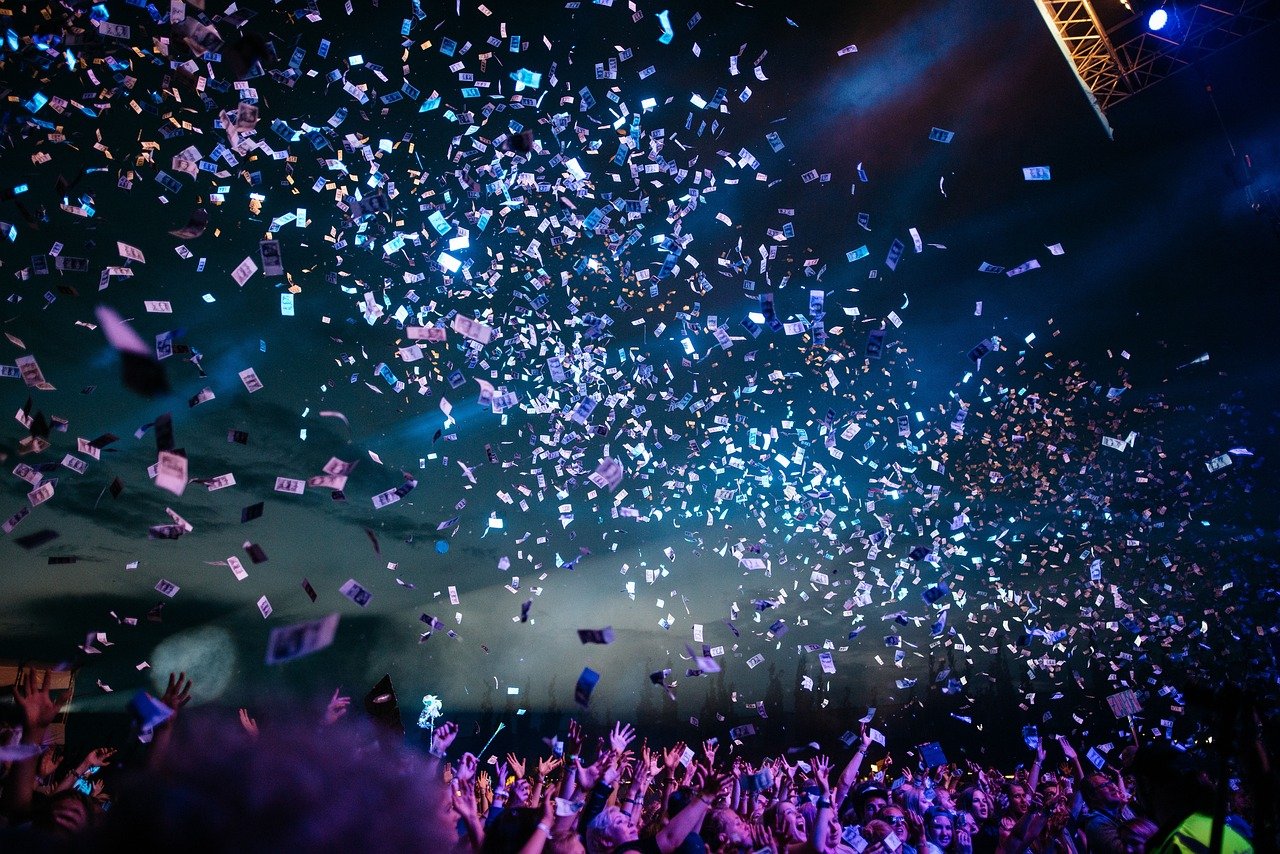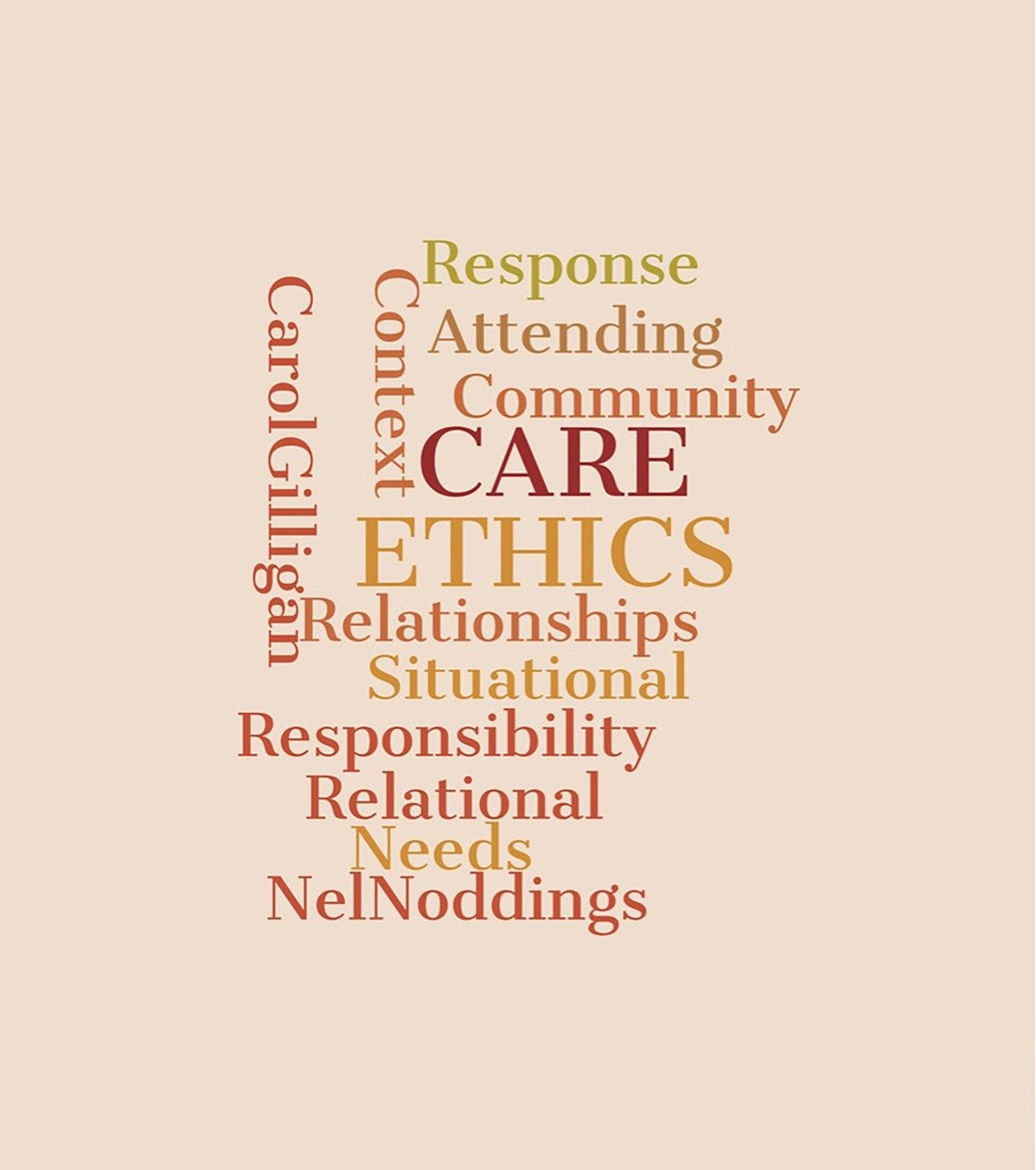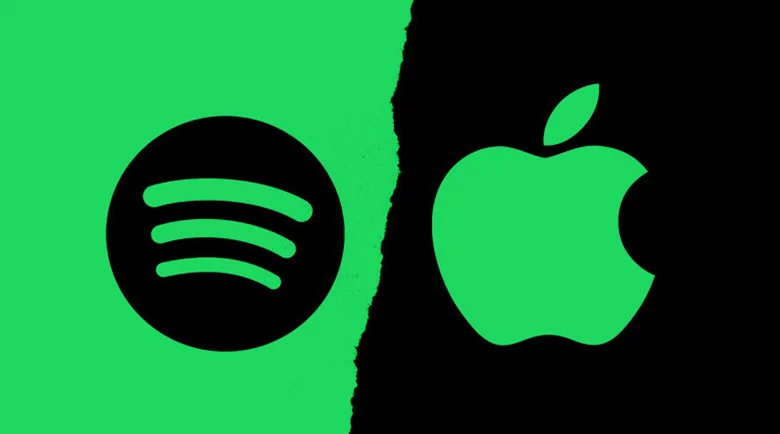The Rise of AI Composers
Artificial intelligence is now composing music in ways that were unthinkable just a decade ago. AI models like OpenAI’s MuseNet and Google’s Magenta have learned to generate original tracks by analyzing millions of existing songs, absorbing the nuances of rhythm, melody, and genre. These systems can produce everything from catchy pop hooks to intricate classical arrangements, often blurring the line between human and machine creativity. In 2022, it was estimated that about 20% of new music releases were created with the help of AI, signaling a seismic shift in how music is made. Musicians are collaborating with AI to break creative blocks or even to inspire entirely new sounds. The rise of AI composers has sparked debate: is this the next leap in creativity, or a threat to authentic artistry? For many, the excitement outweighs the concern, as AI opens up new musical landscapes that were previously unreachable.
Personalized Music Recommendations

AI-driven recommendation engines have completely changed the way we discover music. Platforms like Spotify and Apple Music use sophisticated algorithms that track every skip, replay, and like, learning your tastes faster than any human DJ ever could. According to a 2023 report by Music Business Worldwide, over 70% of users now find new tracks through AI-curated playlists rather than traditional radio or word of mouth. This means that listeners are exposed to a broader, more diverse range of artists and genres, often tailored to their unique moods and moments. The impact on artists is massive, too—musicians can reach specific audiences with pinpoint accuracy, bypassing the old gatekeepers of radio and television. AI doesn’t just recommend music; it creates a journey, anticipating what you want to hear next before you even know it yourself. The result is a listening experience that feels shockingly personal and endlessly fresh.
AI in Music Production
Producing a professional-sounding track used to require expensive studios and years of technical know-how. Now, AI-powered tools like LANDR and iZotope are putting these capabilities into the hands of anyone with a laptop. These platforms use machine learning to analyze audio files, suggest mixing and mastering tweaks, and even automate complex editing tasks. The International Federation of the Phonographic Industry (IFPI) revealed in a recent study that 45% of independent artists now rely on AI-driven tools during production. This democratization means that bedroom producers can compete with chart-topping stars, leveling the playing field in unprecedented ways. AI can analyze the frequency balance, dynamic range, and even emotional tone of a track, offering instant feedback that once took years to master. For artists on a budget, this technology is not just convenient—it’s revolutionary.
Enhancing Live Performances with AI

Live music is also being transformed by artificial intelligence, making concerts more immersive and unpredictable. AI-driven tools can generate real-time visuals that respond to the music, turning every gig into a unique audio-visual spectacle. At the 2023 Coachella festival, audiences were mesmerized by AI-generated backdrops that shifted and evolved in sync with the performers, creating a new layer of interaction. Some artists are using AI to process their voices or instruments on the fly, introducing spontaneous twists that keep both the audience and the musicians guessing. Even lighting systems are now being choreographed by algorithms, resulting in perfectly timed visual effects. This integration doesn’t replace the magic of a live show—it amplifies it, adding an element of surprise and innovation that traditional setups can’t match. Fans leave these performances feeling like they’ve witnessed something truly one-of-a-kind.
AI and Music Rights Management

Managing music rights has always been a complex, often frustrating, aspect of the music business. AI is streamlining this process by working hand-in-hand with blockchain technology to create transparent, tamper-proof records of song ownership and usage. Platforms such as Audius use these technologies to track plays and distribute royalties in real time, reducing disputes and ensuring that artists get paid fairly for their work. The World Intellectual Property Organization (WIPO) reported in 2023 that AI-powered rights management systems could cut royalty disagreements by up to 30%, a significant improvement over traditional methods. With these systems, artists can monitor where and how their music is used, from streaming services to social media snippets. The shift toward automated rights management means less legal wrangling and more time for creativity, giving musicians greater control over their own work.
AI in Music Marketing
AI is also reshaping the way music is marketed and promoted, allowing artists and labels to connect with fans more intelligently than ever before. By analyzing data from streaming platforms, social media, and even concert attendance, AI tools can identify the most effective strategies for reaching different audiences. Nielsen Music’s 2023 survey found that 65% of music marketers now use AI for campaign analysis and optimization, a figure that is only expected to rise. These tools can predict which songs are likely to trend, suggest optimal release dates, and even craft personalized messages for fans. For independent artists, this means competing on a level playing field with major labels, using data-driven insights to guide every decision. AI doesn’t just automate tasks; it uncovers hidden patterns and opportunities, making music marketing smarter and more impactful.
AI and Music Education
Learning music has become more accessible and engaging thanks to AI-powered educational platforms. Apps like Yousician and SmartMusic use machine learning to provide instant, customized feedback to students, helping them practice more effectively. These platforms can recognize mistakes in pitch, rhythm, and timing, offering specific exercises to address each area of weakness. The National Association for Music Education reported in 2023 that students using AI-driven platforms improved their performance by 40% compared to those relying on traditional lessons. This technology is especially valuable for learners without access to private instructors, democratizing high-quality music education. AI also enables adaptive learning, adjusting the difficulty of exercises in real time to keep students challenged but not overwhelmed. For many, this makes the learning process more interactive, enjoyable, and ultimately more successful.
The Ethical Implications of AI in Music

The rapid adoption of AI in music has sparked serious ethical debates, especially around issues like copyright and job security. With machines capable of creating entire albums, questions arise about who owns the rights to AI-generated songs and whether human musicians might be pushed out of the industry. A 2023 report by the Music Industry Research Association revealed that 58% of professionals believe new regulations are needed to address these emerging challenges. Some worry that AI could homogenize music, prioritizing algorithm-friendly tracks over genuine artistic expression. Others argue that AI is simply another tool, empowering more people to make music. The industry is grappling with how to balance innovation with fairness, ensuring that creators—both human and machine-assisted—are properly recognized and compensated.
The Future of AI in Music

Looking forward, the influence of AI on the music industry shows no signs of slowing down. As algorithms become more sophisticated, experts predict that AI-generated music could account for up to 30% of global music consumption by 2025. Future AI tools may not just compose or produce music, but also collaborate with artists in real time, adapting to their style and preferences. Some industry insiders envision AI-powered virtual bands or even entirely synthetic pop stars taking center stage. The possibilities extend to new forms of interactive and adaptive music experiences, such as soundtracks that change based on your mood or environment. While the future remains uncertain, one thing is clear: AI will continue to push the boundaries of what music can be, creating sounds and experiences we can’t yet imagine.
AI’s Expanding Role in Music Collaboration
Collaboration is at the core of music creation, and AI is now acting as a bridge between artists of different backgrounds and genres. Musicians are using AI to experiment with cross-genre mashups, blending elements from hip-hop, jazz, and electronic music in ways that were previously difficult to achieve. AI can analyze the musical DNA of two distinct tracks and suggest harmonies, rhythms, or lyrics that fuse the styles seamlessly. Recent examples include AI-assisted collaborations between global superstars and emerging artists, leading to viral hits that combine unexpected influences. This technology is also enabling remote collaboration, allowing artists to co-create in real time from opposite sides of the globe. AI is not just a tool; it’s becoming a creative partner, breaking down barriers and inspiring new forms of musical expression.
AI and the Fan Experience
The relationship between artists and their fans is being redefined by AI, making interactions more personal and engaging. AI chatbots and virtual assistants answer fan questions, deliver personalized content, and even simulate conversations with favorite musicians. Some artists are launching AI-generated music videos or interactive experiences that let fans remix songs in real time. AI-powered analytics help artists understand fan preferences, leading to tailored merchandise, exclusive releases, and unique live event experiences. This data-driven approach makes fans feel seen and valued, turning casual listeners into loyal supporters. In an age where connection is currency, AI is helping artists build deeper, more meaningful relationships with their audiences.
AI in Music Therapy and Wellness

AI is making a surprising impact in the field of music therapy, creating personalized soundscapes that aid in relaxation, focus, and emotional healing. Algorithms can generate music that adapts to a listener’s stress levels, heart rate, or mood, offering therapeutic benefits that traditional playlists can’t match. Hospitals and wellness centers are beginning to use AI-powered music tools to support patients in managing anxiety, pain, and sleep disorders. A growing body of research suggests that tailored music interventions, designed by AI, can improve outcomes for people with conditions like PTSD, depression, and dementia. This intersection of technology and wellbeing is opening new possibilities for how we use music to heal and thrive.
AI’s Influence on Global Music Trends
Globalization in music has accelerated with the help of AI, breaking down language and cultural barriers. AI translation tools can instantly convert lyrics into multiple languages, allowing songs to reach wider, more diverse audiences. Streaming platforms use AI to spot emerging trends from different parts of the world, promoting genres like K-pop, Afrobeats, and Latin trap to listeners who might never have discovered them otherwise. This cross-pollination is fueling a more interconnected global music scene, where artists and fans from every continent can share in the excitement of new sounds. The result is a music industry that feels more vibrant, inclusive, and dynamic than ever before.


